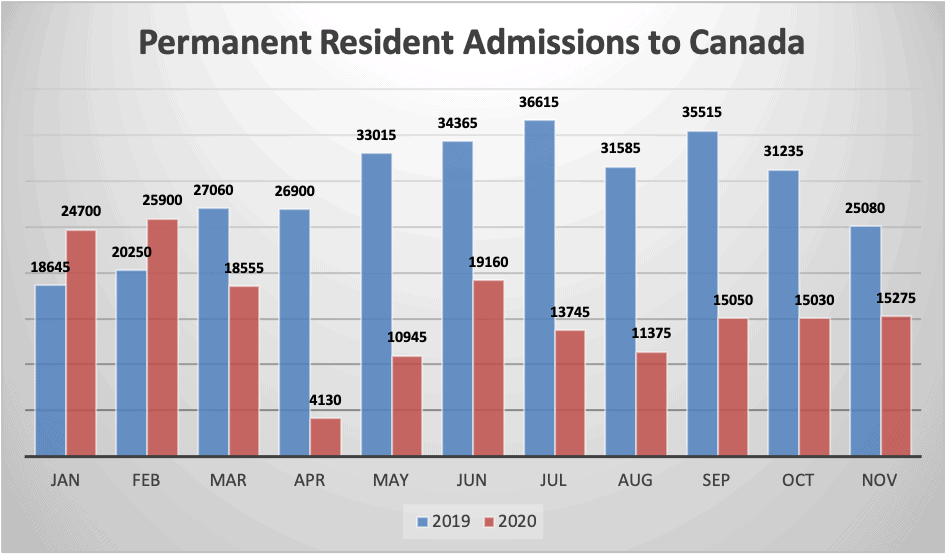Last Updated on January 22, 2021
Ottawa is extending its restrictions on non-U.S. international travel to Canada for another month, until Feb. 21.
“Our government will never hesitate to take the strong action needed to keep Canadians safe from COVID-19 while maintaining essential trade with our international partners,” tweeted Public Safety and Emergency Preparedness Minister Bill Blair.
“With some of the strictest travel restrictions in the world, we’ve taken strong action at our borders to fight COVID-19 with enhanced screening measures and pre-arrival testing for anyone entering our land or air borders, and a mandatory 14-day quarantine for non-essential travellers,” tweeted Blair.
The extension means restrictions will have been in place for 11 months as countries all over the world, including Canada, battle a second wave of the COVID-19 pandemic.
Read More
Canada Offers Permanent Residence Lifeline To Former International Students With Expired PGWPs
Canada’s Prime Minister Makes Bringing In Healthcare Workers A Top Priority
Immigrants Needed to Fill Jobs As Canada’s Economy Recovers Post-COVID-19
The move by the public safety minister comes less than 10 days after a tweet from Prime Minister Justin Trudeau confirming the rolling monthly closure of the Canada-U.S. border has been extended to Feb. 21.
“We’ve extended the current border measures by another 30 days,” tweeted Trudeau. “Non-essential travel between our two countries remains restricted until at least Feb. 21.”
Public Safety Canada has previously claimed in a statement it is aligning U.S. and international travel extension dates to allow Canada to communicate any travel extensions or changes as quickly as possible and provide certainty for Canadians, Americans and international travellers.
Citizens and permanent residents, plus their immediate and extended family members, are exempt from travel restrictions.
Canada has exemptions in place for the following people, provided they are travelling for a non-discretionary reason:
- Seasonal agricultural workers, fish/seafood workers, caregivers and all other temporary foreign workers;
- International students who held a valid study permit, or had been approved for a study permit, when the travel restrictions took effect on March 18, 2020. More international students are now allowed to travel from October 20 last year under a new exemption;
- Permanent resident applicants who had been approved for permanent residence before the travel restrictions were announced but who had not yet travelled to Canada;
- Immediate family members of Canadian citizens and permanent residents are also exempt if entering to be with an immediate family member for at least 15 days, and;
- Extended family members of citizens and permanent residents, plus foreign nationals travelling on compassionate grounds.
Anyone entering Canada is required to quarantine for 14 days on arrival and provide border officers with a viable quarantine plan.
Canada Immigration numbers were low last year as travel restrictions dramatically impacted permanent resident arrivals.
The total number of new permanent residents to Canada fell by about 47.9 per cent, from 279,490 in 2019 to only 145,515 by the end of November last year.
After dropping to a low of 3,495 in April last year, the number of new permanent residents to Canada rose to 16,665 in June only to go back down and languish between 9,055 and 12,970 for every month through to the end of November as the second wave hit Canada.
Trudeau has said that everyone who wants a COVID-19 vaccine should be able to get the shot by the end of September. Ottawa is hoping that the vaccines will lead to herd immunity and curb the pandemic.
